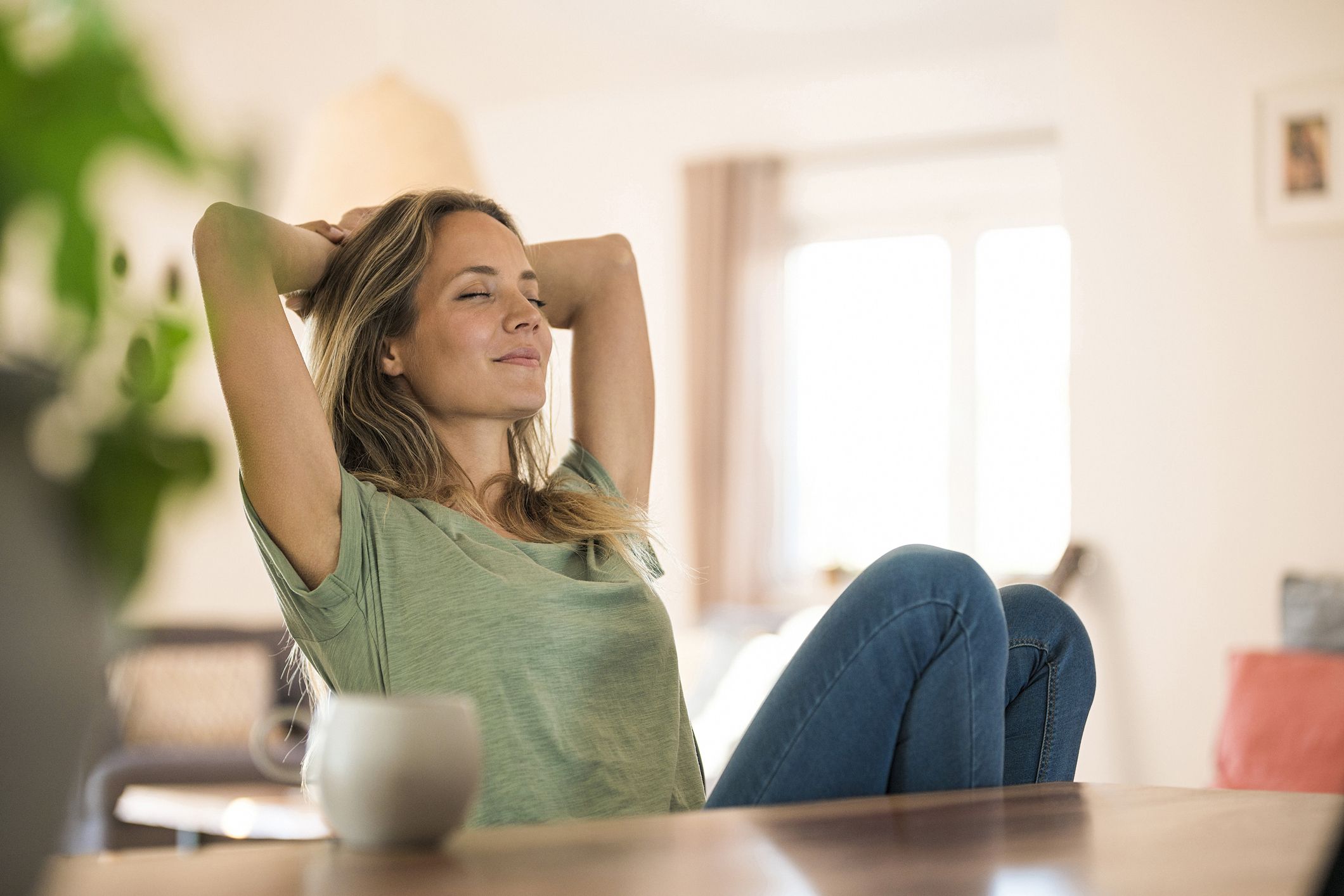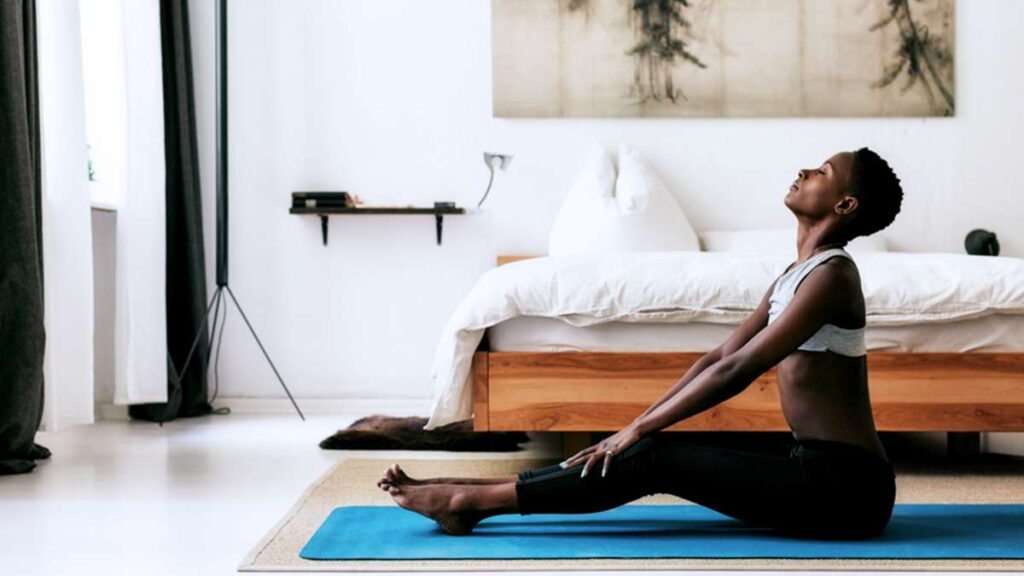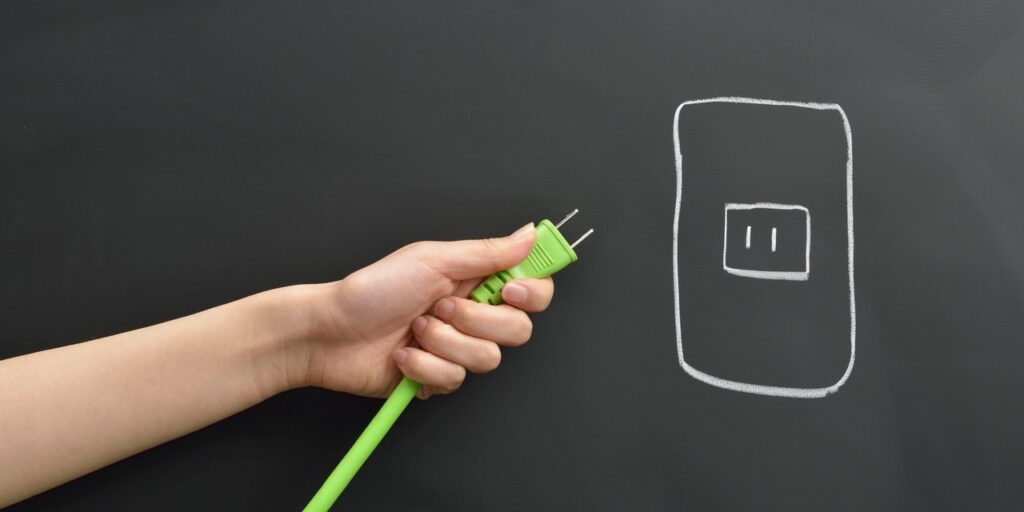
It’s no surprise that life can be filled with stress and challenges, but unwinding after a long day doesn’t have to be one of them. From aromatherapy to investing in your hobbies, there are plenty of ways to relax and let go of the burdens from the day.
In this blog post, we’ll share 7 tips that you can use every night so you can start feeling refreshed and energized in no time! Whether it’s switching up your morning routine or dedicating some time just for yourself, these simple strategies will help make sure you’re taking care of your mental health – something that should always remain a priority.
So sit back, grab a cup of tea, and learn how you can destress tonight for an easier tomorrow.
Table of Contents
1. Kick Back With Some CBD

Source: medicalnewstoday.com
CBD, short for Cannabidiol, is a natural compound derived from hemp plants known for its relaxing properties. Incorporating CBD into your evening routine can be a game-changer.
Whether it’s in the form of oil drops under your tongue, a calming bath bomb, vegan CBD gummies, or a soothing tea, CBD can help you unwind and get a good night’s rest. Just be sure to check with your doctor before adding it to your routine!
2. Create a Relaxing Environment
Creating a serene and calming environment in your home can do wonders for your mental state after a stressful day. Start by ensuring your space is clean and free of clutter as a tidy space tends to reduce anxiety.
Consider incorporating elements like soft, warm lighting, calming colors, and relaxing scents into your space. Essential oils such as lavender and chamomile are known for their stress-relieving properties and can be used in a diffuser.
The sound of soft music or nature sounds can also create an atmosphere of tranquility. Investing in comfortable furniture such as a cozy chair or a soft throw blanket can also contribute to a relaxing environment. Remember, this is your sanctuary, so personalize it in a way that brings you the most peace and comfort.
3. Practice Mindfulness and Deep Breathing

Source: rightasrain.uwmedicine.org
Mindfulness practice and deep breathing exercises can be powerful tools to combat stress and help you unwind. Being mindful entails paying attention to your thoughts, feelings, and the environment around you while allowing yourself to be completely present in the moment.
This practice can help you gain a more profound understanding of your stressors and provide you with a sense of control over your reactions to them.
Deep breathing exercises, on the other hand, directly combat your body’s stress response by slowing your heart rate and lowering your blood pressure, leading to a state of deep relaxation. Here’s a simple method to get started: Sit comfortably and close your eyes.
Take a slow, deep breath in through your nose, hold it for a few seconds, and then exhale slowly through your mouth. For many minutes, repeat this technique while paying attention to your breathing rhythm. This simple practice can be done anytime, anywhere, and is a quick way to reduce stress and feel more relaxed.
4. Engage in Physical Activity
Physical activity is an excellent stress reliever that can help you unwind after a stressful day. When you engage in physical activity, your body releases endorphins, which are natural mood boosters. These endorphins reduce stress hormones and can help promote a sense of calm and well-being. You don’t need to engage in high-intensity workouts to enjoy these benefits.
Simple activities like a brisk walk in the park, a quick yoga session, or even a fun dance-off in your living room can have a significant impact.
Remember, the goal is not to add more stress by forcing yourself into a rigorous exercise routine, but rather, to enjoy the process and feel good. Always listen to your body, and choose an activity you enjoy. After all, the best workout is the one that you’ll do.
5. Unplug from Technology

Source: linkedin.com
It’s simple to become accustomed to always having our electronics with us. While technology has its merits, it’s crucial to give ourselves a ‘digital detox’ now and then. Unplugging technology, especially in the evening, can significantly reduce stress and promote better sleep. Start by setting boundaries for screen time.
You could establish a technology-free zone in your home, or initiate a ‘no screens’ policy an hour before bedtime. Instead of scrolling through social media or watching TV, engage in activities that require no electronics, like reading a book, doodling, journaling, or playing a board game.
By disconnecting from the digital world, you allow your mind to relax and shift focus from the hustle and bustle of daily life to more calming, peaceful thoughts.
6. Enjoy a Relaxing Hobby
Hobbies are a great way to switch off from daily stressors and immerse yourself in an activity that brings you joy. Whether it’s painting, gardening, knitting, playing a musical instrument, or cooking, pursuing a hobby can offer a refreshing break from your normal routine. Hobbies not only stimulate different parts of your brain but also result in a product or a result that can provide a sense of accomplishment.
They can be therapeutic and meditative, allowing you to clear your mind and focus on the task at hand. Investing time in a hobby that you love can contribute significantly to your overall well-being and help you unwind effectively after a stressful day.
Remember, the purpose of a hobby is to have fun and enjoy yourself, so choose something that you look forward to doing.
7. Prioritize Quality Sleep

Source: manifestescapes.com
Quality sleep is a critical element to unwind and rejuvenate after a stressful day. It’s the time when your body repairs itself and prepares for the challenges of a new day. Moreover, a good night’s sleep can improve your mood, memory, and cognitive function.
To prioritize quality sleep, maintain a regular sleep pattern by going to bed and waking up at the same time each day, even on weekends. Your bedroom should be a serene sanctuary, so keep it dark, quiet, and cool to facilitate your body’s natural sleep rhythm.
You can use sleep aids like blackout curtains, earplugs, or a sleep mask for this purpose. Additionally, avoid caffeine and large meals close to bedtime as they can disrupt your sleep cycle. Incorporating a relaxing bedtime routine can also signal your body that it’s time to wind down. This could involve activities like taking a warm bath, reading a book, or performing simple stretching exercises.
Conclusion
In conclusion, unwinding after a stressful day is crucial for both your physical and mental well-being. By incorporating these tips into your evening routine, you can cultivate a peaceful and stress-free environment that promotes relaxation and rejuvenation. Remember to prioritize your mental health, take breaks when needed, and engage in activities that bring you joy – you deserve it!







